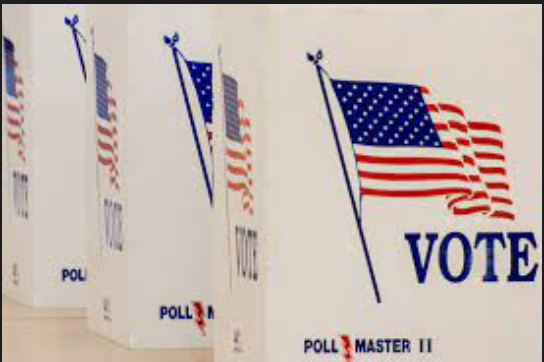
Nearly a half-dozen bills to reform voting in New Jersey breezed through the state Assembly with bipartisan support and no debate last week — but they face an uncertain future in the state Senate.
Possibly the most significant of the package is legislation that would, among other things, allow mail-in ballots to be processed — but not counted — starting five days before an election in the state.
Advocates say it could help avoid another scenario like the last election when multiple races, including the governor’s race, weren’t called on Election Day in part because mail-in ballots can’t be processed until the day of an election.
The bill (A3822) would also require county boards of elections in the state to post uniform vote results, including the number of votes cast, counted, and yet to be counted, on their websites during elections. And it would shift the deadline for mail-in ballots in non-federal elections to 38 days before the election instead of 45 days. It passed 78-0.
“Here’s the message we are sending to New Jerseyans: Your elections are fair, your elections are open, and both parties are still able to work together to protect the right to vote,” Assembly Speaker Craig Coughlin, D-Middlesex, said.
It took the race for governor a full day to be called in November thanks in large part to the slow pace of mail-in ballots to be processed and counted. Democratic Gov. Phil Murphy’s Republican opponent, former Assemblyman Jack Ciattarelli, led in counted votes after midnight on Election Day. But by the next morning, as more Democratic precincts reported results, Murphy took over the lead.
Coughlin touted the bipartisan support for the bills.
“At a critical and harshly partisan time in our country, as others have moved to make it harder, not easier to vote and the federal government has often been unable to act decisively, I think we can be exceptionally proud to boast that New Jersey is bucking the trend,” he said.
The other bills that passed would:
(A3819) Remove voters from vote-by-mail status in the state if they don’t vote by mail for four consecutive years beginning with the 2020 election cycle, according to the bill. Under current law, voters continue to receive a mail-in ballot after opting to receive one for all future elections until they notify county election officials otherwise in writing. Voters who get mail-in ballots at an address that’s different from the one where they registered to vote would be dropped after not voting in two consecutive elections. It passed 78-0.
(A3820) Require unaffiliated voters in the state who want to take part in a primary to declare a party affiliation to receive a ballot. Currently, unaffiliated voters get both a Democratic and Republican ballot for primary elections. It would also prohibit mail-in ballots from containing visible political affiliation on the outside of the envelope. It passed 75-2.
(A3823) Allow remote training for election workers in the state and require municipalities to file bi-weekly death record reports to local election officials in the two months leading up to a statewide election. It passed 78-0.
(A1969) Allow minors in the state starting at 16 years old to work as election workers between 5:30 a.m. and 9:00 p.m. on election days. It passed 73-3.
A sixth bill that passed the Assembly didn’t have bipartisan support and cleared the chamber largely along party lines.











